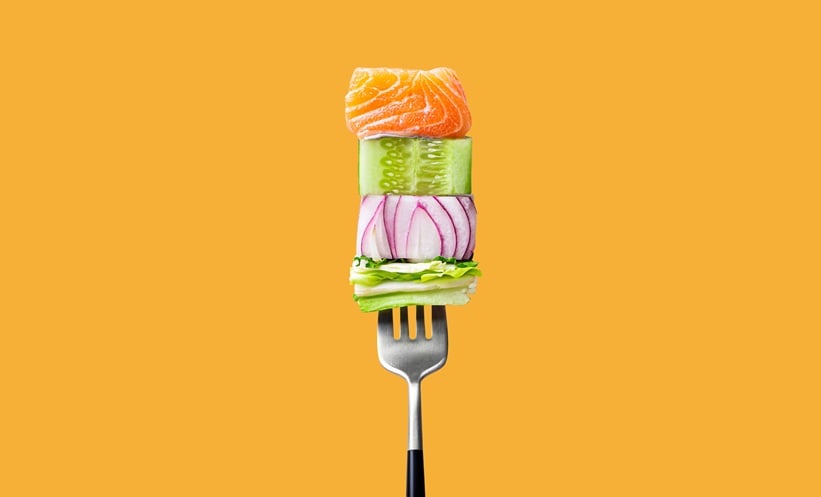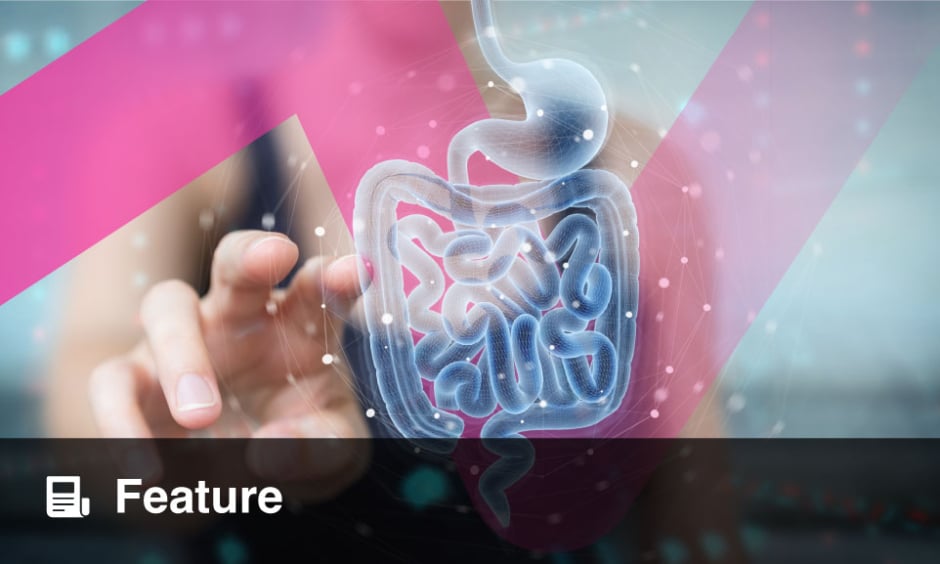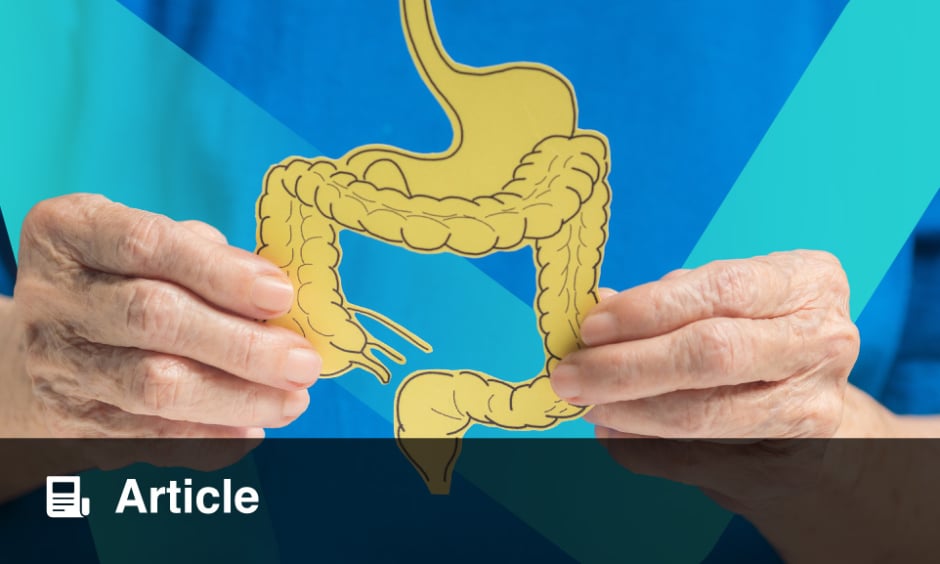NEW research spotlights a growing area of research: the gut microbiome’s powerful role in shaping how effectively vaccines work, and how diet and probiotics might be used to boost vaccine responses.
Led by Soumam Dutta and colleagues, the study underscores that while age, genetics, and environment are long-established factors in vaccine efficacy, emerging evidence now points to the gut microbiome as a major influencer, especially in the wake of the COVID-19 pandemic. Impaired vaccine responses observed in individuals with gut dysbiosis have raised red flags, prompting a deeper dive into how we might harness the gut to enhance immunity.
The researchers explored how different dietary patterns, particularly those rich in fibre and plant-based polyphenols, can improve gut microbial diversity. These nutrients stimulate the growth of short-chain fatty acid-producing microbes, which have been associated with enhanced vaccine response. While animal-based foods had mixed effects, the review notes that whey protein and fish oil showed promise in supporting gut health and immunity, while red meat and lard were linked to negative outcomes.
Probiotic supplementation also emerged as a potentially powerful tool, though its impact depends heavily on the specific strains and doses used. Some strains appear to help regulate immune responses and improve antibody production post-vaccination.
As the global scientific community moves toward precision vaccination strategies, this review argues for a stronger focus on diet-induced microbiome modulation. “The interplay between the microbiome and immune response is a frontier we’re only beginning to understand,” the authors note. “Targeting it through dietary intervention could pave the way for more effective vaccines.”
Reference
Dutta S et al. Diet, microbiome, and probiotics establish a crucial link in vaccine efficacy. Crit Rev Microbiol. 2025;DOI: 10.1080/1040841X.2025.2480230.








